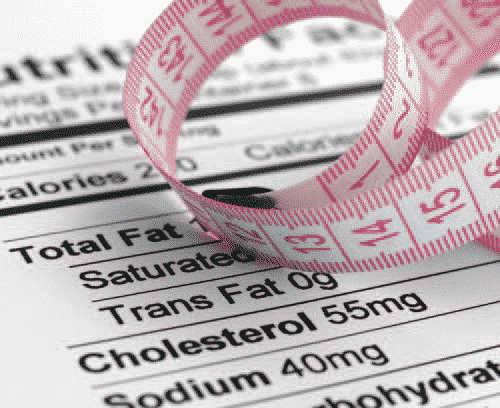
Adults and kids alike are tempted by loads of sweet treats. Unfortunately, these treats are often packed with sugar, which can be damaging to teeth, especially for children, whose teeth are still developing.
Through various programs, the American Dental Association (ADA) encourages good oral hygiene to children, as well as their caregivers and teachers.
But how can you enjoy treats and other sweets without risking your dental health? One answer is sugar-free and reduced-sugar foods. These foods can be made with sugar substitutes known as polyols, or sugar alcohols. Polyols are low-digestible carbohydrates which taste like sugar, but according to the ADA, do not contribute to tooth decay like sugars do.
How can something taste like sugar but not promote tooth decay? Polyols do not cause tooth decay because they are not readily converted to acids by bacteria in the mouth, which happens with sugar and may lead to cavities. For this reason, many of your sweet-tasting toothpastes and mouthwashes are made with polyols!
So next time you or your kids want to enjoy something sweet, look on the ingredients list for products made with polyols. Some polyols include erythritol, isomalt, lactitol, maltitol, mannitol, sorbitol and xylitol.




